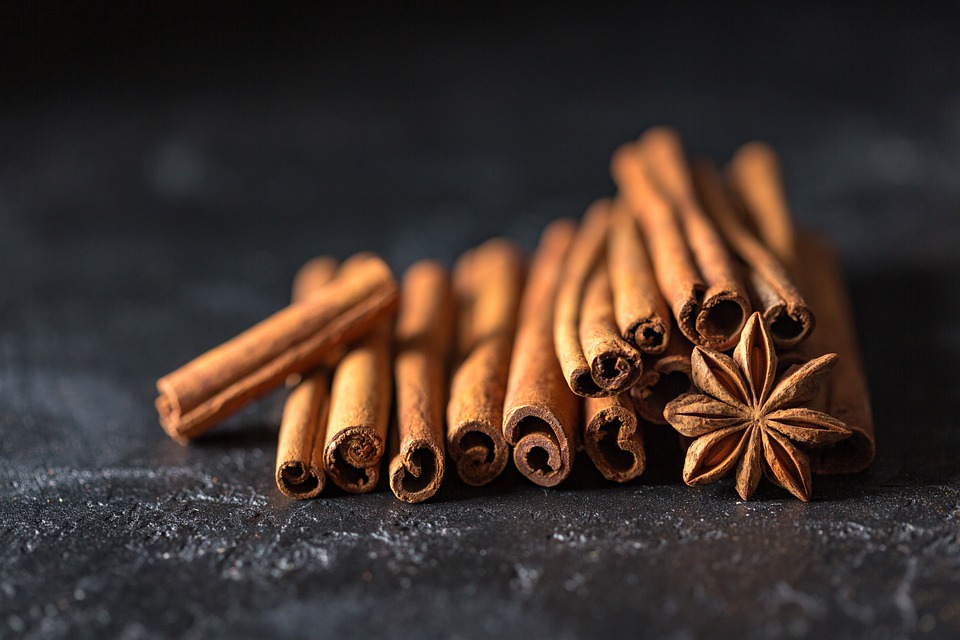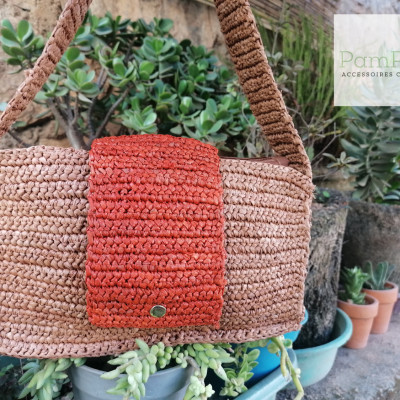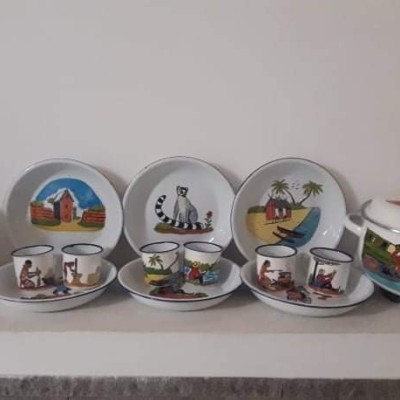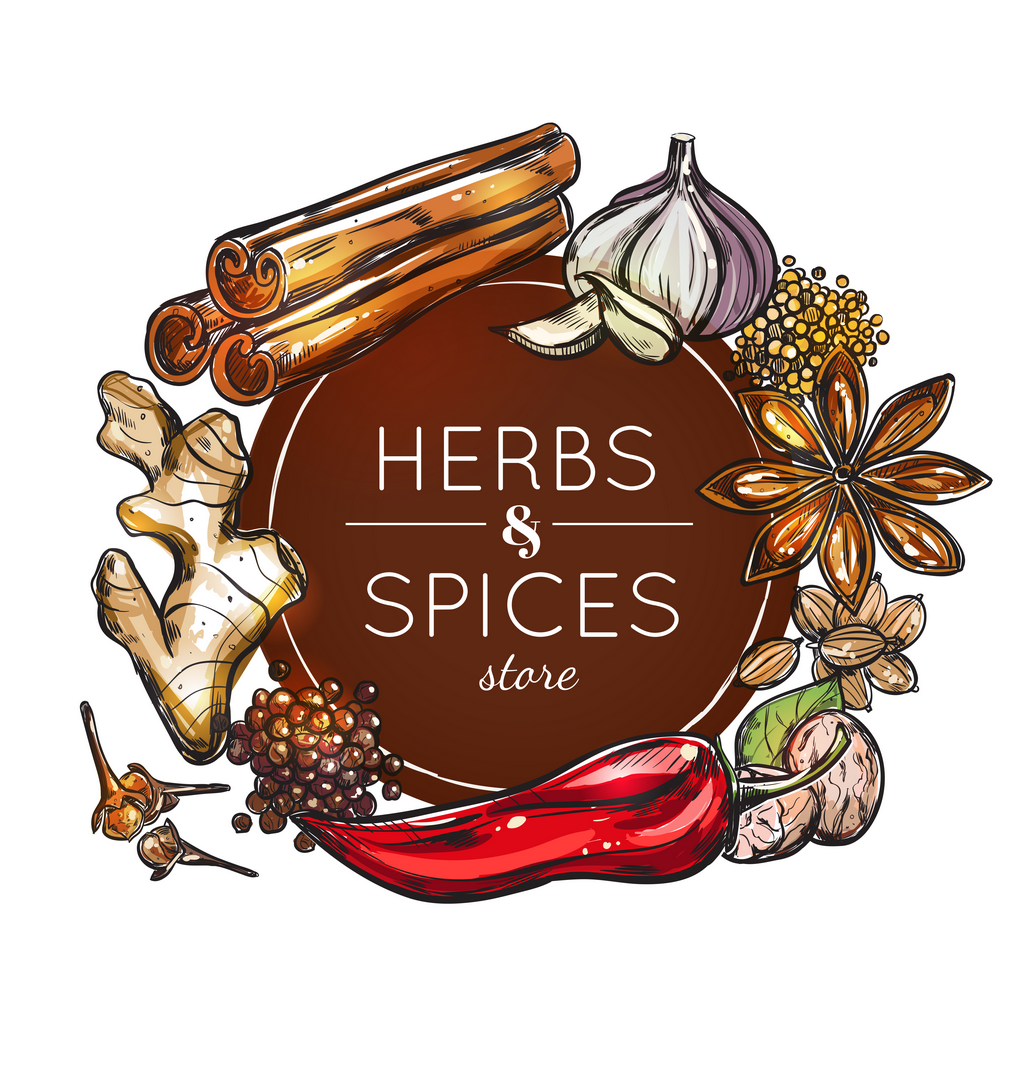Madagascar spices: a culinary treasure and a source of health benefits

Madagascar is an island located in the Indian Ocean, known for its unique biodiversity and rare and exotic spices. In this blog, we will explore the most popular spices from Madagascar, their history, culinary use, and health benefits.
The history of spices in Madagascar
Madagascar has been known for its spices for centuries. The first Arab traders started trading with the island as early as the 7th century, and quickly discovered the unique spices that grew there. Over time, Madagascar's spices became highly sought after and were exported all over the world.
Madagascar's spices are produced in many regions of the island, each with its own unique characteristics and flavors. Local farmers cultivate a wide variety of spices, including pepper, vanilla, cloves, cinnamon, turmeric, ginger, and saffron.
Madagascar's spices are considered to be of superior quality due to their unique flavor and high essential oil content. Madagascar's spices are highly prized by chefs around the world for their unique taste and exceptional quality.
The most popular spices from Madagascar
Madagascar pepper: Madagascar pepper is one of the most popular spices from the island. It is cultivated in the Sambirano region in the northwest of Madagascar and is known for its warm and intense flavor, with notes of red fruit, mint, and eucalyptus.
Madagascar vanilla: Madagascar vanilla is one of the most popular vanillas in the world. It is cultivated in the Sava region in the northeast of Madagascar and is known for its sweet and floral aroma, with notes of caramel and oak.
Madagascar cloves: Madagascar cloves are cultivated in the Mananara region on the east coast of the island. They are known for their spicy and sweet flavor, with notes of nutmeg and cinnamon.
Madagascar cinnamon: Madagascar cinnamon is cultivated in the Tamatave region on the east coast of the island. It is known for its sweet and spicy aroma, with notes of vanilla and nutmeg.
Culinary use of Madagascar's spices
Madagascar's spices are used in many dishes, both savory and sweet. Madagascar pepper is perfect for seasoning meats, fish, and vegetables, while vanilla is used in desserts, hot drinks, and sweet dishes.
Cloves and cinnamon are often used in spicy dishes, such as curries, stews, and casseroles. Turmeric is used in Indian and Asian dishes, while ginger is often used to flavor soups, marinades, and sauces Marinades and fish-based dishes.
Madagascar spices are also used in the production of baked goods, confectioneries, and alcoholic beverages. Vanilla is a key ingredient in many desserts such as crème brûlée, cheesecake, and ice cream. Madagascar rum is also highly valued as it is flavored with island spices such as vanilla and clove.
Health benefits of Madagascar spices
Madagascar spices have numerous health benefits. Madagascar pepper is rich in antioxidants and can help improve digestion, reduce inflammation, and strengthen the immune system. Madagascar vanilla is rich in antioxidants and can help reduce anxiety and stress.
Madagascar clove is rich in anti-inflammatory and antioxidant compounds and can help relieve pain and reduce the risk of chronic diseases. Madagascar cinnamon is also rich in antioxidants and can help regulate blood sugar and improve heart health.
Madagascar spices are a culinary treasure and a source of health benefits. With their unique flavor and exceptional quality, these spices have gained international reputation and are highly appreciated by chefs worldwide. By purchasing Madagascar spices, you are also supporting local farmers and contributing to the preservation of the island's biodiversity. So don't hesitate, let yourself be tempted by Madagascar spices and discover new exotic flavors in your cuisine!





 Sculptures
Sculptures  Fashion & Accessories
Fashion & Accessories  Beauty & Health
Beauty & Health  Home & decoration
Home & decoration  Kids & babies
Kids & babies  Gift
Gift  Bags
Bags  Jewelry
Jewelry 




